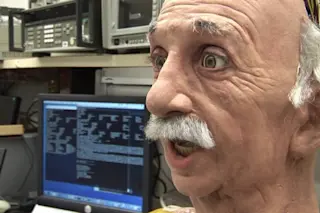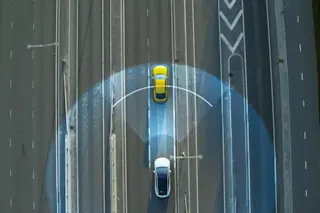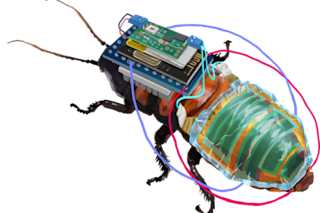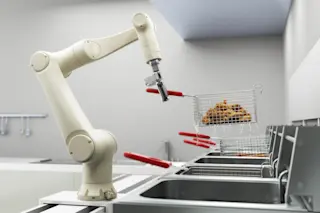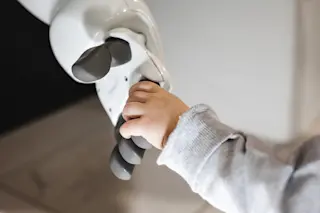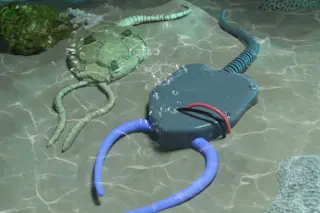Albert Hubo is a battery-powered, untethered walking robot based on the Hubo robot developed by the Korea Advanced Institute of Science and Technology. The robot's face, built by Hanson Robotics, is modeled on famed physicist Albert Einstein. Credit: Hanson Robotics Hollywood actress Audrey Hepburn and martial arts legend Bruce Lee represent just a few of the dead celebrities whom have been resurrected as digital avatars in TV commercials to sell products such as chocolate or whiskey. A Google patent raises a new possibility by describing robot personalities based upon the voices and behaviors of dead celebrities or loved ones. Such a vision may not necessarily come true, but it raises the question of whether people would feel comfortable dealing with a robot that actively mimics deceased people. The patent awarded to Google on March 31, 2015, focuses on the idea of creating robot personalities that could be downloaded as software ...
When Robot Personalities Mimic the Dead
Explore customizable robot personalities that mimic deceased loved ones and celebrities, raising ethical questions about technology's future.
More on Discover
Stay Curious
SubscribeTo The Magazine
Save up to 40% off the cover price when you subscribe to Discover magazine.
Subscribe

